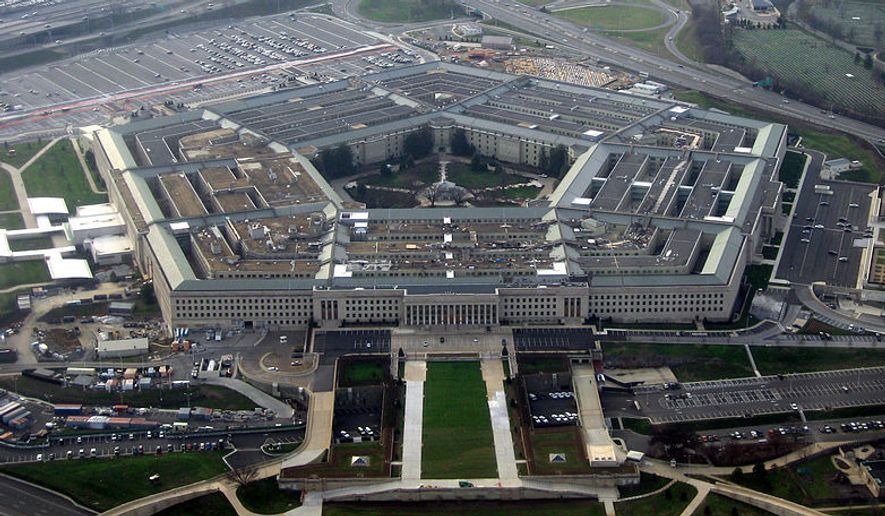Federal auditors say that an Air Force plan to generate revenue by fixing radars on the aging fighter jets of foreign allies has failed to attract international customers.
Older-model jets carry fire-control radars that emit radio waves, which help jet pilots track and destroy their targets. To preserve the capability of those jets and provide work for the U.S.-based crews that repairs them, the Air Force in 2011 forged a public-private agreement with Lockheed Martin to repair hundreds of the radars for partner nations and generate for the service up to an additional $1.47 million per year.
But so far, the Air Force has yet to repair a single radar, according to a Government Accountability Office report released Tuesday.
Air Force officials defended their revenue plan to federal auditors during the course of the government review, which spanned from August 2014 to February, noting that two foreign allies have taken an interest in the program and one may send work to a service complex this year.
However, according to the report, nothing has been guaranteed.
That creates a problem for the Air Force, which projected in 2011 that it would began to see the radar maintenance workforce at Hill Air Force Base in Utah decline. The ineffective partnership has also prompted the government to cast a wary eye on the productivity of Defense Department’s other public-private partnerships repairing jet radars in Maryland and Ohio.
“DOD has formed direct-sale public-private partnerships for the maintenance of the fire-control radar of at least two other fleets of U.S. aircraft, and according to officials, is considering forming a new partnership for a third type of aircraft,” the report stated. “For example, in 2002, the Navy established a public-private partnership for, among other things, repair of an older version of its F/A-18 fire-control radar.”
Federal auditors did not make recommendations in the report about how or whether the Air Force should continue forging public-private partnerships.
• Maggie Ybarra can be reached at mybarra@washingtontimes.com.




Please read our comment policy before commenting.